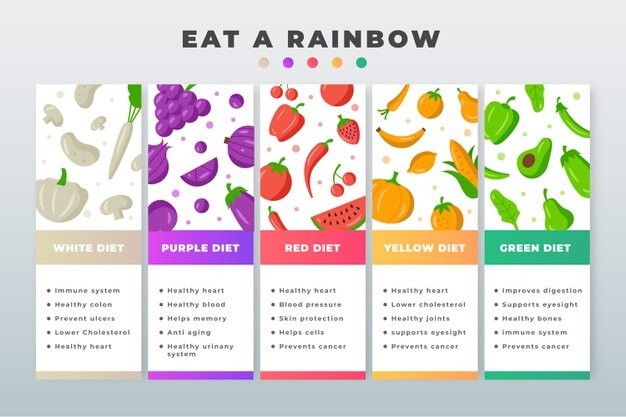Making health fun again starts with shifting the narrative from obligation to enjoyment. For many professionals, health has become synonymous with discipline, restriction, and routine—something to be managed rather than embraced. This mindset can drain motivation and turn wellness into a chore. But health, at its core, is about feeling good, having energy, and living fully. When approached with creativity and curiosity, it can become a source of joy rather than stress. Reconnecting with the playful side of health is not only possible—it’s essential for long-term sustainability and personal fulfillment.
One of the most effective ways to reignite enthusiasm for health is to reframe physical activity as play rather than punishment. Instead of forcing yourself through workouts you dread, explore movement that feels natural and enjoyable. This might mean dancing, hiking, swimming, or joining a recreational sports league. The key is to find activities that bring a sense of fun and freedom. When movement is tied to pleasure rather than performance, it becomes something you look forward to rather than something you endure. For busy professionals, integrating movement into social settings or outdoor experiences can also add variety and reduce the monotony of traditional exercise routines.
Nutrition is another area where fun can be reintroduced. The culture of dieting often emphasizes restriction and control, which can lead to guilt and burnout. Shifting the focus to exploration and creativity can transform the way you approach food. Trying new recipes, experimenting with flavors, and learning about different cuisines can make meals more engaging and satisfying. Cooking can become a form of self-expression and relaxation rather than a task. Even grocery shopping can be reframed as an adventure—an opportunity to discover new ingredients and plan meals that excite you. When food is approached with curiosity and enjoyment, healthy eating becomes a lifestyle rather than a set of rules.
Mental health practices can also benefit from a more playful approach. While mindfulness and meditation are powerful tools, they don’t have to be solemn or rigid. Activities like journaling, art, music, or even guided visualization can offer emotional release and mental clarity in a more dynamic way. Humor and laughter are also underrated components of mental wellness. Watching a comedy, sharing jokes with friends, or simply allowing yourself to be silly can reduce stress and improve mood. In professional environments, encouraging light-hearted interactions and moments of levity can foster a more supportive and resilient culture.
Social connection is a vital part of health that naturally lends itself to fun. Engaging with others in meaningful and enjoyable ways supports emotional well-being and reduces feelings of isolation. Organizing group activities, participating in community events, or simply making time for regular catch-ups with friends can enhance your sense of belonging and joy. In the workplace, creating opportunities for informal interaction—such as team lunches, walking meetings, or shared wellness challenges—can strengthen relationships and make health a shared experience rather than a solitary pursuit.
Technology can also be leveraged to make health more engaging. Fitness apps, gamified wellness platforms, and virtual communities offer interactive and personalized experiences that can boost motivation. Tracking progress, earning rewards, and connecting with others who share your goals can add a layer of excitement and accountability. However, it’s important to use these tools in a way that supports rather than pressures you. The goal is to enhance enjoyment and consistency, not to create competition or stress. Choosing platforms that align with your interests and values helps ensure that technology remains a positive force in your health journey.
Another way to make health fun again is to set goals that inspire rather than intimidate. Instead of focusing solely on outcomes like weight loss or performance metrics, consider goals that reflect your passions and lifestyle. This might include training for a charity run, learning to cook plant-based meals, or mastering a new yoga pose. When goals are tied to personal meaning and enjoyment, they become more motivating and fulfilling. Celebrating progress—no matter how small—also reinforces positive behavior and builds momentum. Recognizing achievements with rewards, reflection, or shared celebration adds a sense of accomplishment and joy.
Ultimately, making health fun again is about reconnecting with what makes you feel alive. It’s about honoring your body and mind not through rigid discipline, but through joyful engagement. In the business world, where stress and burnout are common, this shift can have profound effects. Employees who enjoy their wellness routines are more likely to stick with them, leading to better health outcomes and improved performance. Leaders who model a balanced and joyful approach to health can inspire their teams and foster a culture of well-being. When health is seen as a source of vitality rather than a burden, it becomes a powerful asset in both personal and professional life.
The journey to rediscovering the fun in health doesn’t require drastic changes—it starts with small shifts in perspective and practice. By choosing activities, foods, and routines that bring joy, you create a foundation for lasting wellness. Health becomes less about what you have to do and more about what you get to do. It becomes a celebration of life, energy, and possibility. In a world that often demands seriousness and sacrifice, making health fun again is a radical and refreshing act of self-care.




